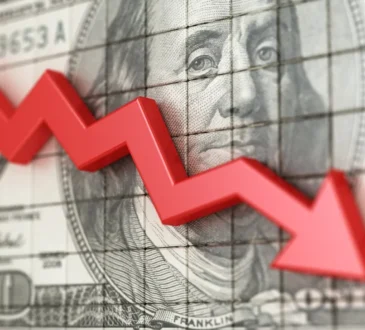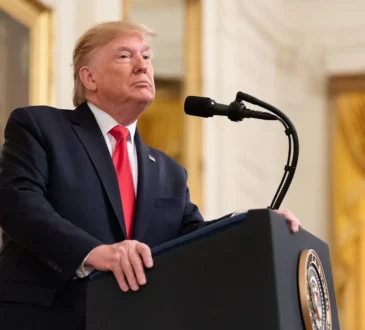Oil prices cooled after President Trump held off on taking action against Tehran, and European ministers met with Iranian officials to press them to de-escalate.
The White House said late Thursday Trump would make a decision on whether to strike Iran within two weeks—a duration he often cites when faced with difficult situations—easing fears of imminent military intervention. Meantime, European officials, who have backed Trump’s demands for Tehran to end its uranium-enrichment program, met with Iranian representatives in Geneva.
Brent crude, the international oil benchmark, fell 2.3% to $77.01 a barrel, mostly reversing Thursday’s sharp gains. A volatile rally has pushed Brent prices up roughly 11% since Israel began airstrikes last week. The S&P 500 fell slightly, after index futures sold off over the Juneteenth holiday.
Reports suggest Iran is rushing to get oil out of the country. “Iran has been directing even more crude into its export facility, preparing to send as much as possible oil to the market while it can,” said DNB Markets analyst Helge Andre Martinsen.
Federal Reserve governor Christopher Waller said the central bank should look through tariff-related price hikes to weigh an interest-rate cut in July. And a U.S. official told top semiconductor makers he wanted to revoke waivers they have used to access American technology in China.
U.S. stocks finished mostly lower. The tech-heavy Nasdaq Composite led declines, dropping 0.5%. The S&P slipped 0.2%, while the Dow Jones Industrial Average finished 0.1% higher.
For the week, indexes finished in a tight range. The Nasdaq was up 0.2%, while the S&P was down 0.2%. The Dow ended the week up less than 0.1%.
Treasury yields tilted below 4.4%, settling at 4.374% while the U.S. dollar edged higher.
Bitcoin prices faded to around $103,000.
Global stocks were mixed. The Stoxx Europe 600 and Hong Kong’s Hang Seng Index gained, while Japan’s Nikkei fell slightly.
See a full roundup on the week in markets here, or 🎧 listen to the latest Minute Briefing podcast.




